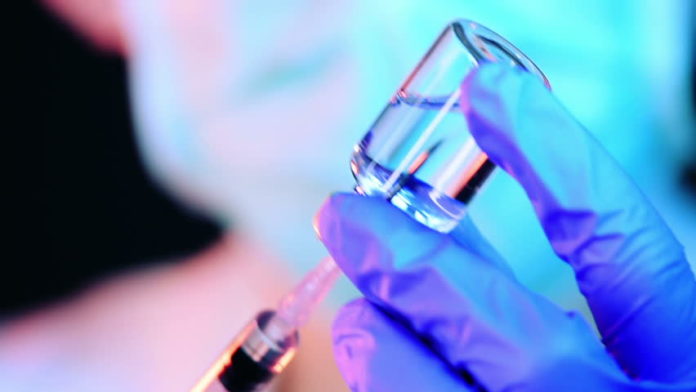African Vaccination Week in unison with World Immunisation Week is celebrated every last week in April, every year, since 2001.
This year’s theme is ‘Vaccines Work for All’, celebrating the people who develop, deliver and receive vaccines as heroes contributing to protecting everyone, everywhere.
The global search for a vaccine for the ongoing COVID-19 pandemic makes the celebration for this year of peculiar importance. Coronavirus cases now number 3,087,105 globally – with 212,691 deaths and counting.
During African Vaccination Week celebrations over the past nine years, immunisation has reached more than 180 million people. This year, as most countries remain in lockdown, campaign activities have been postponed in line with physical distancing measures.
WHO Regional Director for Africa, Dr. Matshidiso Moeti, in celebrating African Vaccination Week says when COVID-19 transmission is contained, scaling-up supplementary immunisation will be a priority to ensure we reach communities in need, particularly those most at risk.
Dr. Moeti added that now is the time, also, to increase investment in vaccine research and development. With the ravages that COVID-19 has brought in its wake to whole communities and nations, increased investment in vaccine research has become even more imperative now than ever before as nations’ scientists are working around the clock to find a remedy for this devastating virus that is causing global trepidation.
Dr. Matshidiso Moeti notes that even in times of crisis, provision of routine immunisation services as part of essential health service delivery should continue.
“Through the African Vaccines Regulatory Forum (AVAREF), safe and effective vaccines are reaching communities faster. It took only 90 days, for Burundi, the Democratic Republic of the Congo, Ghana, Guinea and Zambia to licence the Merck Ebola vaccine after WHO prequalification in November 2019.”
The African WHO Regional Director has therefore tasked African countries to engage in clinical trials which meet international standards, so that the resulting products are adapted to meet regional needs.
“Through technology transfer, vaccine production in African countries should increase to reduce the continent’s reliance on importing these essential products.”
Every year, more than 30 million African children under the age of five fall ill – and 500,000 die due to vaccine-preventable diseases. This accounts for 58% of global deaths from these diseases.
Immunisation coverage has struggled to keep pace with population growth and remains at 76% in the African region, far short of the 90% target. To strengthen immunisation coverage, we need to strengthen essential health services as part of building resilient health systems, the WHO notes.










